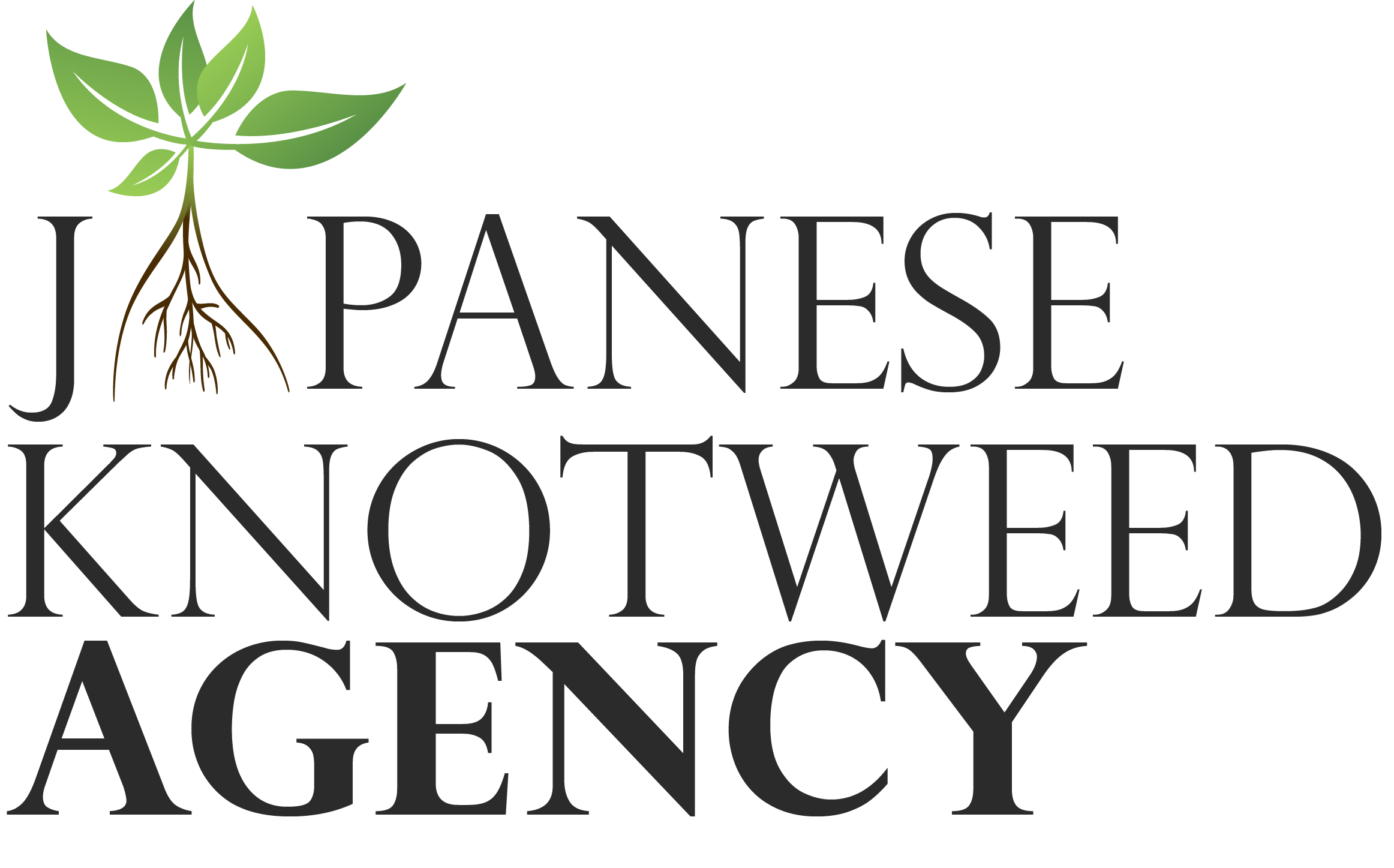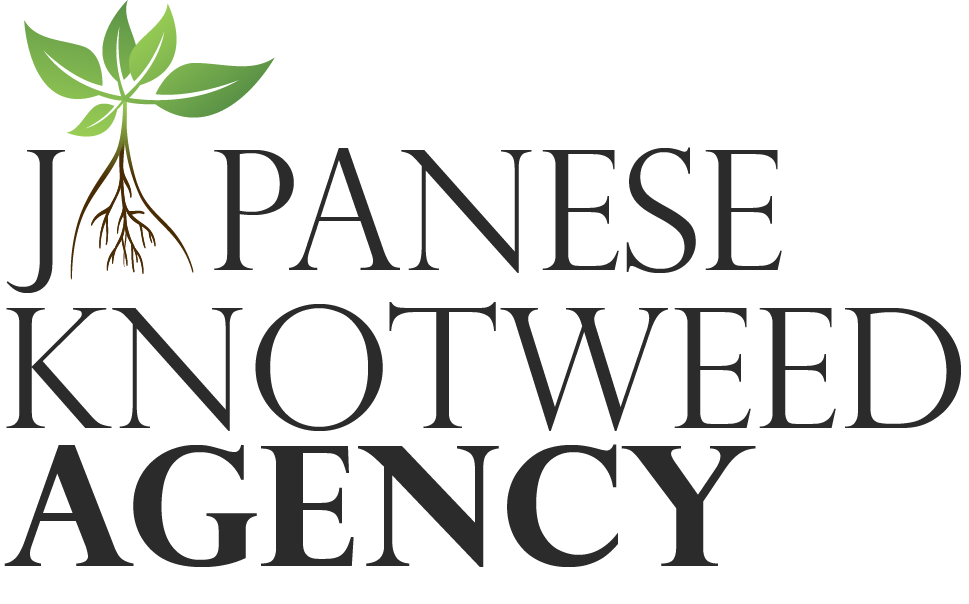After positive identification has been made of any Japanese knotweed infestation, it becomes necessary for other parties to be notified of the problem so that they have the opportunity to respond. In most Japanese knotweed compensation claims, legal action cannot be pursued until all parties have been informed of the infestation. Notifying authorities of Japanese knotweed on public land can also help to prevent the ongoing spread of the plant.
Is it illegal to not report Japanese knotweed in your garden?
It is not illegal to have Japanese knotweed in your garden, or on your land. If you have discovered the plant on your land then you are under no legal obligation to notify anyone about it or even treat the plant. You are, however, responsible for ensuring that the plant does not spread into neighbouring land, whether it be privately or publicly owned. You cannot see its growth and spread underground and if you are aware and do nothing, you leave yourself at risk of a claim being made against you.
Is Japanese knotweed notifiable?
Japanese knotweed is not a notifiable plant. Unlike some other invasive plants which require immediate action on the part of the landowner, the government does not have to be informed about the infestation, nor to your neighbour’s. You don’t have to report Japanese knotweed on someone else’s land either, however, you may choose to do so if you feel like the plant could enter your land, or if you feel like it is at risk of further damaging the environment.
When should you report Japanese knotweed?
You should report Japanese knotweed if you think that it is causing damage to your local environment if you think it might soon enter your property, or even if you think that it might not have been identified yet by local authorities. Although you are not legally required to do so, reporting Japanese knotweed to the appropriate authorities can help the government keep track of the ongoing threat of this invasive plant.
Do you have to notify your estate agent about Japanese knotweed?
You should notify your estate agent about Japanese knotweed on your land as soon as possible. If you’re planning on selling a property with Japanese knotweed then you should be as honest as possible with your estate agent. You will have a better chance to sell your property if the estate agent has access to all the information about it. They are legally obligated to present your home truthfully, so by failing to mention the infestation to them, you may risk endangering any future sale in addition to your business relationship with them.
Do you have to notify potential buyers about Japanese knotweed?
You must notify potential buyers about Japanese knotweed on your land, this is done using the TA6 Property Information Form which is filled out by property owners and given to prospective buyers so that they can have access to all the facts about the property. Failing to answer truthfully on this form can result in a claim of misrepresentation being put against you, and could also lead to a sale falling through, which can have a knock-on effect on any purchase that you might be planning on making yourself.
Must a surveyor report Japanese knotweed?
A surveyor must report Japanese knotweed if they identify it whilst carrying out their work. Regardless of whom is paying them for their services, surveyors have an ethical duty to report any invasive plant they might discover. RICS qualified surveyors are trained to look for Japanese knotweed, especially when they feel that the area that the property is located in is at particular risk of having the plant, there are occasions, however, when they miss it on their survey.
How do you report Japanese knotweed?
If you are planning on reporting Japanese knotweed then you may wish to make a few notes about the infestation before doing so. Whether you are telling the local authority or sending a formal letter to a neighbour or organisation, you are likely to get a better response by providing as much detail about the problem as possible.
For example, you may wish to include an estimate of how much land has been affected by the plant. Depending on where the land is, you could also take photographs of the plants and include these with the exact coordinates of the location. This can be of particular use when you are reporting a Japanese knotweed infestation that is in an isolated location, or along a footpath without any clear landmarks. You could also make a note of whether or not the infestation has been treated, or if it looks like an attempt has been made to remove the knotweed.
How do you report Japanese knotweed on neighbour’s land?
Reporting Japanese knotweed on your neighbour’s land to local authorities is a positive step towards stopping the plant from entering your land, however, it should only be done if you have first formally told your neighbour’s of the infestation.
If they choose to ignore your formal letter, then you’ll have evidence to support your request for a Community Protection Notice (CPN) from the local authority to enforce them to deal with the infestation on their property.
In order to obtain a CPN against your neighbour, it must be proven that they have refused to take reasonable steps to deal with the infestation. Before reporting the Japanese knotweed to any authorities, you should try talking to your neighbour first, it’s possible that you may be able to come to an agreement before having to escalate the matter further.
How do you report Japanese knotweed to your landlord?
You can report Japanese knotweed to your landlord by writing to them with as much detail as possible regarding the infestation. As with most discoveries of Japanese knotweed, it’s best to tackle any infestation as early as possible, to avoid costs of treatment potentially spiraling out of control.
Depending on the lease that you have signed with your landlord, you may find that you are liable for the costs of treatment. In the event of this happening, you may want to investigate the source of the infestation, as there could be a possibility that the knotweed entered from another property, making the owner of that property liable instead.
How do you report Japanese knotweed on neighbouring council land?
You can report Japanese knotweed growing on neighbouring council land by contacting your local authority directly. Local councils are subject to the same knotweed laws as any other organisation; therefore, they are prohibited to allow Japanese knotweed to spread from public land into privately owned land.
Many local councils have electronic systems in place to deal with maintenance requests from citizens. You should make sure to include as much detail as possible in your report regarding the severity of the infestation, as well as any photos you have to back up your claim. The sooner you put this report in, the sooner you’ll get a response; don’t wait for the infestation to get any worse before taking action.
How do you report Japanese knotweed on public land?
You can report Japanese knotweed that you’ve identified on public land by either contacting your local authority via their website or by using the Plant tracker app on your phone. The government actively encourages citizens to submit their sightings of Japanese knotweed, regardless of if it is on neighbouring land or not. As the invasive plant has continued to spread throughout the country, there is now a greater need for members of the public to report Japanese knotweed where possible, in order to curb its ongoing growth.
How do you report fly tipping of Japanese knotweed?
Report fly tipping of Japanese knotweed by calling the Environment Agency on their 24-hour freephone number (0800 80 70 60). Fly tipping any material that contains Japanese knotweed is a criminal offence that can be punishable with up to 2 years imprisonment and an unlimited fine on indictment. The most common reason for the fly tipping of Japanese knotweed is when construction firms do not want to pay for getting rid of the knotweed, this inevitably leads to new infestations rising, which can cost the affected landowner thousands to deal with.
How do you report Japanese knotweed to Network Rail?
You can report Japanese knotweed to Network Rail by calling their helpline (03457 11 41 41) or using their website. A landmark court case in 2017 set a precedent whereby Network Rail had to pay compensation to homeowners in South Wales, who were able to prove that Japanese knotweed encroaching onto their land from railway embankments caused the value of their home to diminish.
Since this case, Network Rail has been forced to spend over £1.2 million in Japanese knotweed treatment and compensation claims, however, some are reporting that they are still responding too slowly to requests. In the case that you do not receive a response from them, or they take a long amount of time to do so, then you may be able to claim compensation against them.
Remember, you do not need to report to Network Rail or any other body if Japanese Knotweed has come from their land on to yours, you can protect yourself by making a claim at any stage.
If you’ve found Japanese knotweed encroaching on your land, and are unsure of who to report it to, then please call us on freephone 03335 777 888, or send us a message using the contact form on our website.


